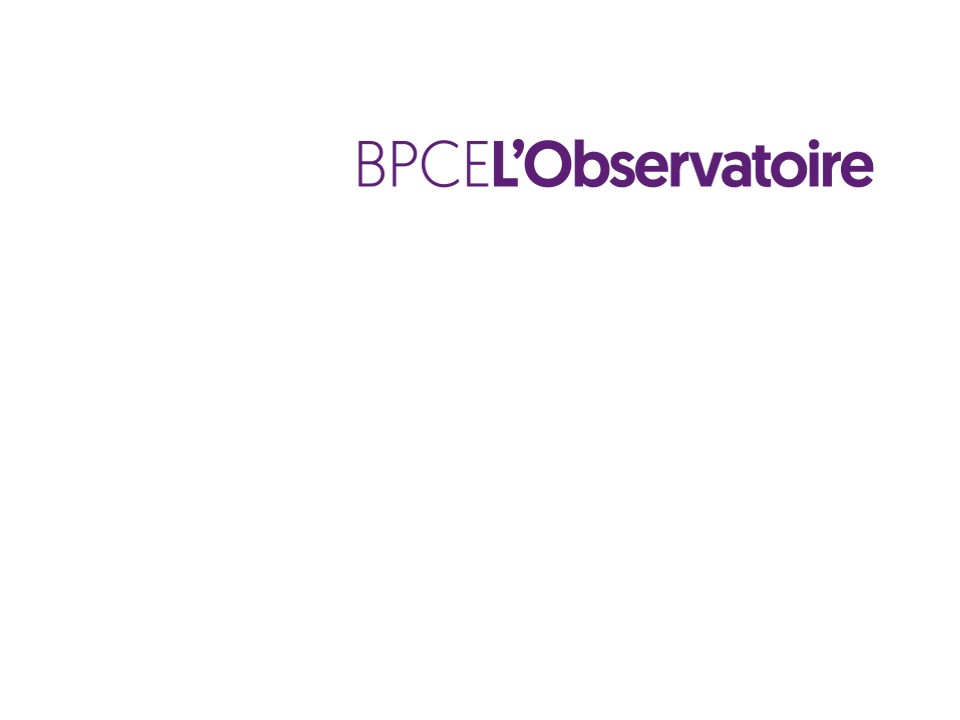

Savings and inflation: three strategies adopted by the French
The French have been deeply affected by the surge in inflation (and the subsequent acceleration of the inflation rate in recent months) that had the immediate effect of depressing their purchasing power and leading them to reappraise their expectations for future living standards. This new situation has encouraged French people to start saving again… to the effect that the number of people prepared to build up precautionary savings against a future deterioration in their economic situation has remained at the historically high level of 88%. A large proportion of the population (16%) claim, however, that they are unable to save any money at all! For a minority of French people, the frustration of this inability to save is compounded by their being obliged to give up the few cases of ‘consumption for pleasure’ they had managed to cling on to until recently.
The second strategy consists in building up as far as possible a nest egg capable of cushioning them against unforeseen events, with most people choosing sight deposit accounts and regulated savings products. The Livret A passbook savings account is still the most popular investment vehicle not because of the rate of interest it pays but because of its intrinsic qualities: ease of use, simplicity, and zero-risk savings. Real estate also continues to find favor in the eyes of the French as a good long-term investment; land and buildings remain the favorite assets of the French.
64 % of French people believe that it’s better to invest in real estate than in financial products.
Finally, a third strategy is emerging in this new, more inflationary context: investors’ search for growth in value and higher rates of return to avoid suffering a decline in the purchasing power of their financial assets. This is expressed, firstly, by a lower aversion to risk… even if the stock market situation is considered less favorable than it was last year. This strategy also finds expression in French people’s growing interest in atypical assets such as crypto-currencies, gold, forests, and participative financing, with growth in the rate of investment in such assets, notably among young people and high-net-worth individuals.
Review of 2021 and early 2022
In 2021, the financial investments of French households remained at the very high level of approximately €101.8bn after reaching a total of €141bn in 2020. In their investment behavior, households preferred liquidity and security, allocating virtually all of their investment flows to sight deposit accounts (€49.1bn) and passbook savings accounts (€46.2bn). Some of these precautionary savings were also redirected towards life insurance (€23.7bn) thanks to exceptional inflows into unit-linked products (€34.7bn) and a smaller outflow from euro-denominated products (€11bn).
18.1 billion euros extremely high inflows (excluding securities) in January and February 2022
For further details
-
Presse release dated April 7, 2022 (In French only)
DOCUMENT PDF
Download
121 Ko
-
Presentation – press conference, April 2022 (in French only)
DOCUMENT PDF
Download
2 Mo
-
Savings market outlook: key charts & figures, March 2022 (in French only)
DOCUMENT PDF
Download
5 Mo
-
Savings market outlook: key charts & figures, April 2022 (in French only)
DOCUMENT PDF
Download
5 Mo

